India ranks 1st in terms of the total number of producers as per 2020 data & 8th in terms of the World’s Organic Agricultural land (Source: FIBL & IFOAM Year Book, 2020).
Despite the COVID-19 pandemic in 2020-21, organic agricultural, food, and retail sectors in India are going strong with surpassing $1 billion of Indian organic products’ exports, out of which the US absorbed 54%. Driven by increased choices for healthy and immunity-building foods, domestic consumption of organic food products has also grown. India’s APEDA report states that organic crop production reached 3.2 MMT in 2020-21, up 36% compared to 2019-20.
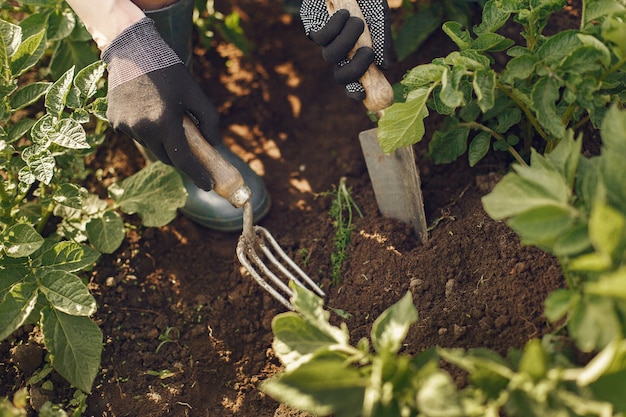
What is organic farming?
Under organic farming, biological materials are combined with techniques and innovations to maintain the environmental balance healthily without impacting the environment. In addition to improving soil quality, organic farming also actively works to boost indigenous biodiversity and ecosystems.
Following are some facts about organic farming in India:
- Uttarakhand and Sikkim are recognized as organic states.
- In 2016, Sikkim globally became the first state to become fully organic.
- India has 1.2 million ha of land under organic production, with around 1.24 million tons.
- The north-eastern part of India has conventionally been organic, and the consumption of chemicals has been minimal.
- Madhya Pradesh has the highest area under organic farming, followed by Maharashtra and Orissa.
- Flax seeds, sesame, soybean, tea, medicinal plants, rice, and pulses have been the major Indian organic exports.
- In 2018-19, there was about 50% in organic exports, touching Rs. 5151 crore

Road ahead
In India, natural farming is a traditional concept, with farmers having their land prepared without chemicals – mainly relying on organic residues, cow dung, composts, etc. This is also in sync with promoting sustainable agriculture to end hunger, achieve food security and improve nutrition.
Hence, with the producers’ greater awareness and capacity-building compliance with international standards, Indian organic farmers will soon be reinforcing their rightful place in global agri trade.
In the next article, we’ll know how the Indian Government is supporting and promoting organic agriculture among farmers.
Sources: https://www.drishtiias.com/daily-updates/daily-news-analysis/organic-farming-in-india
https://www.cloverorganic.com/blog/

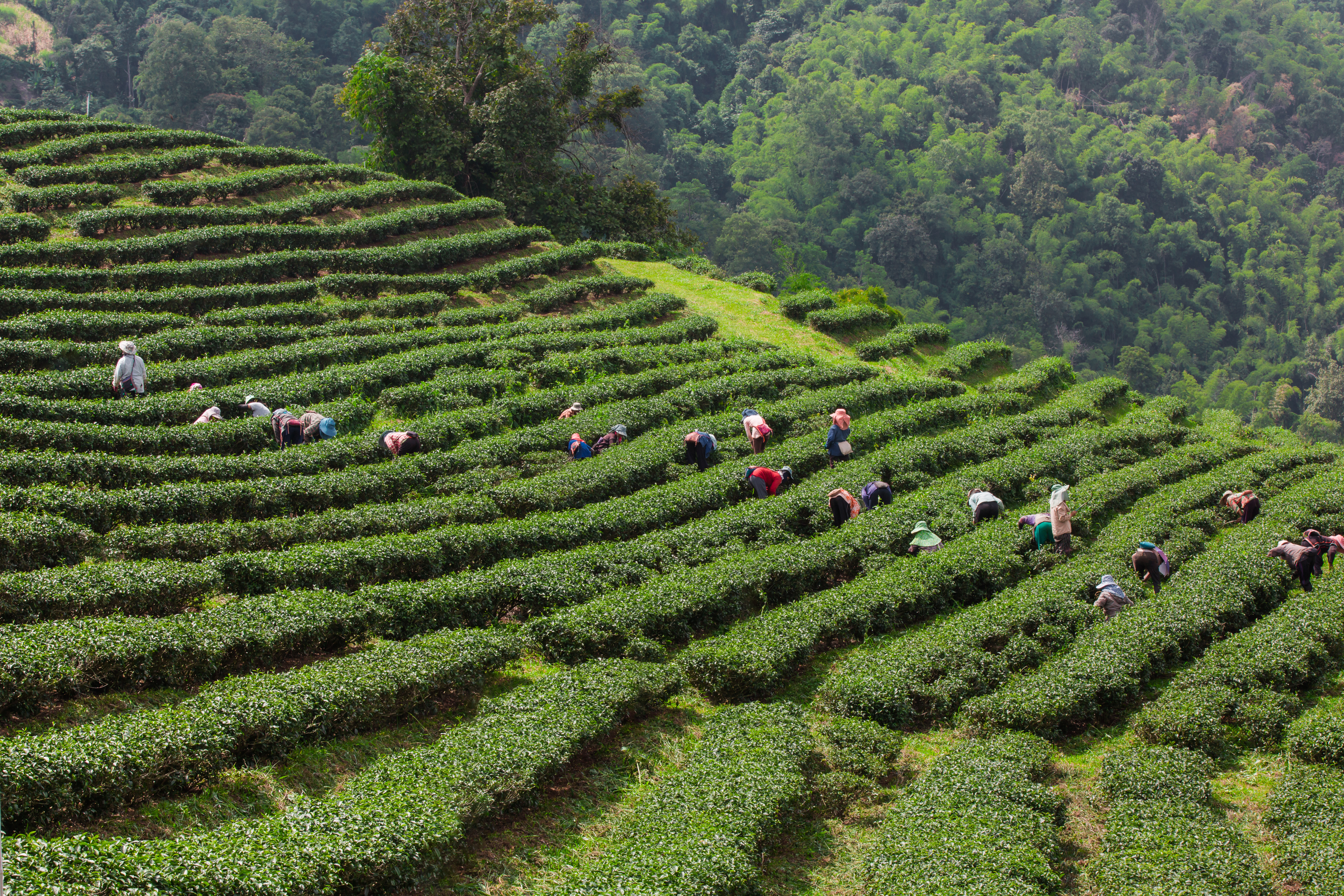
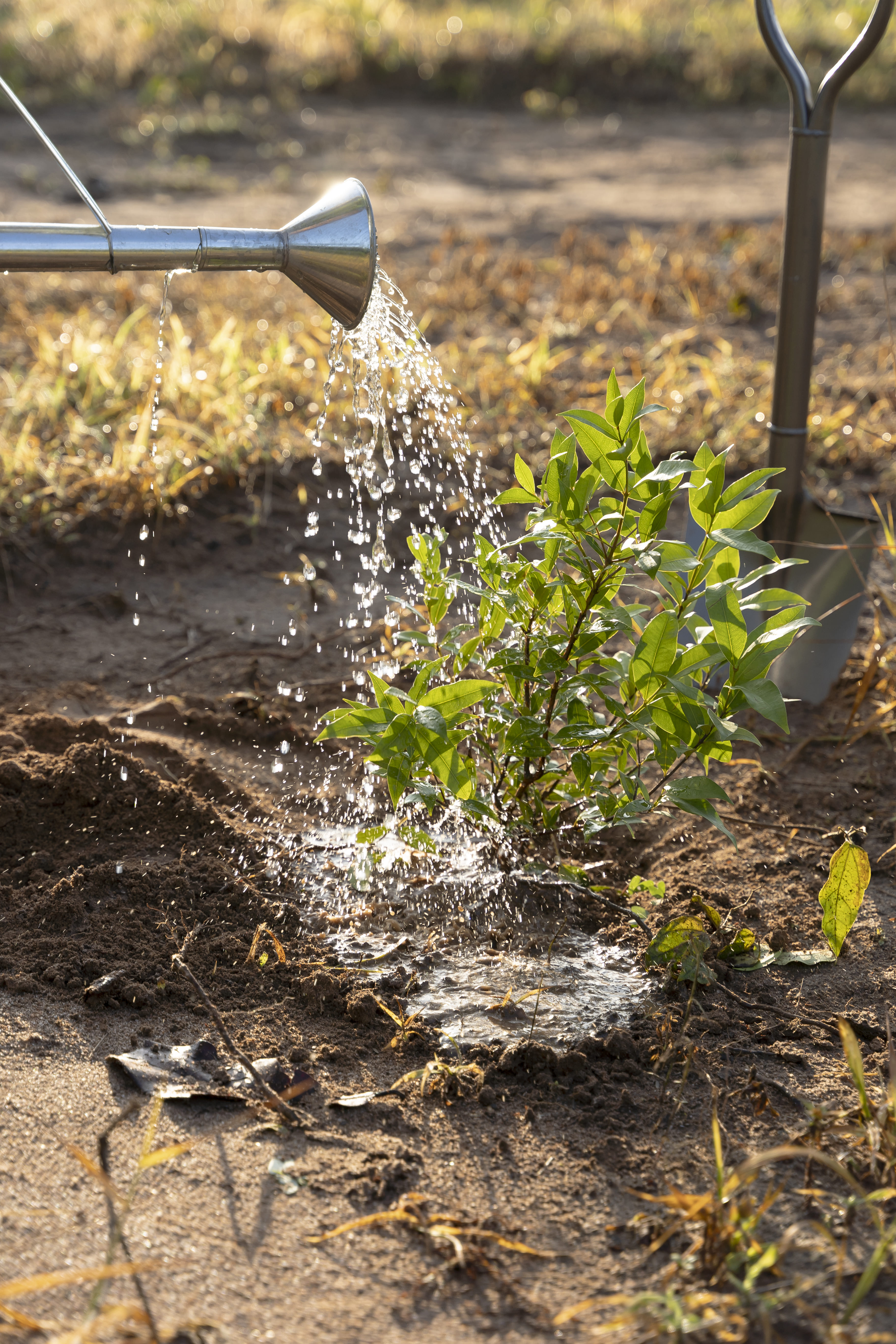

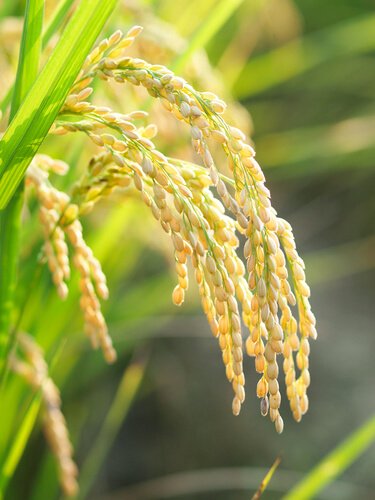
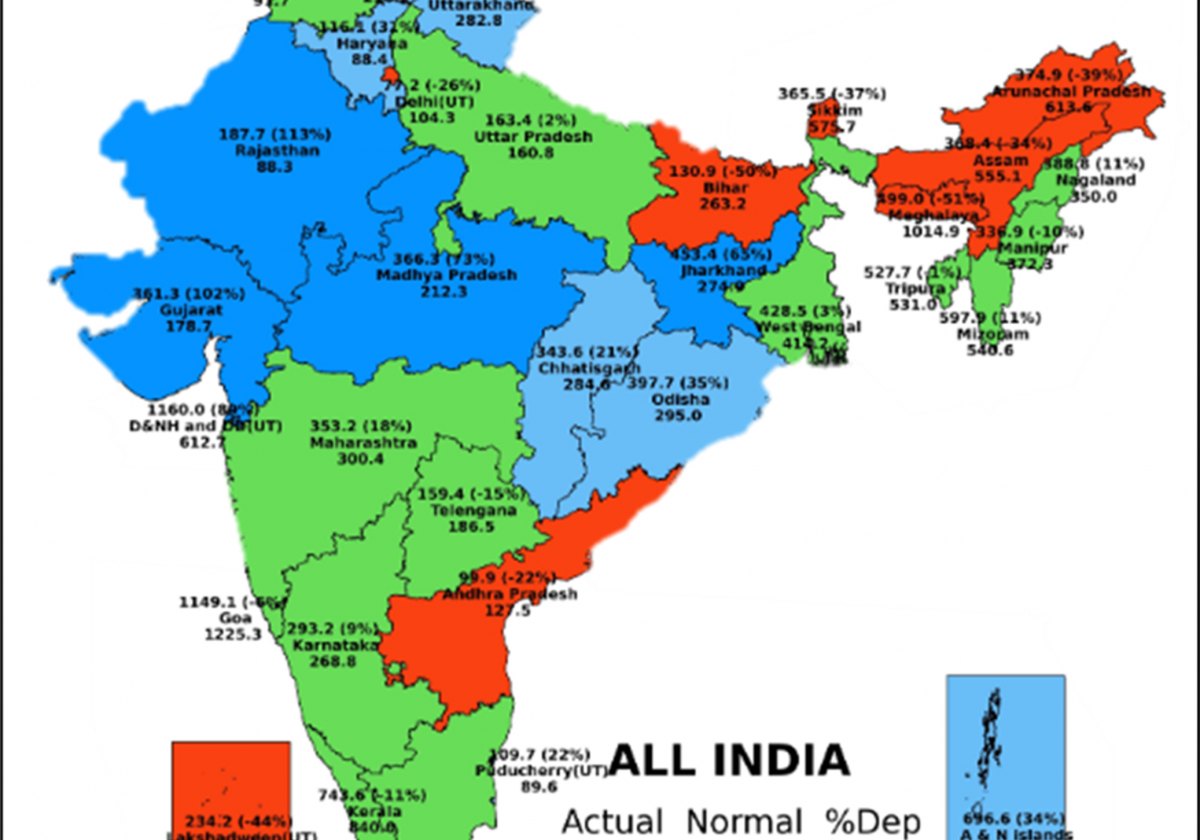

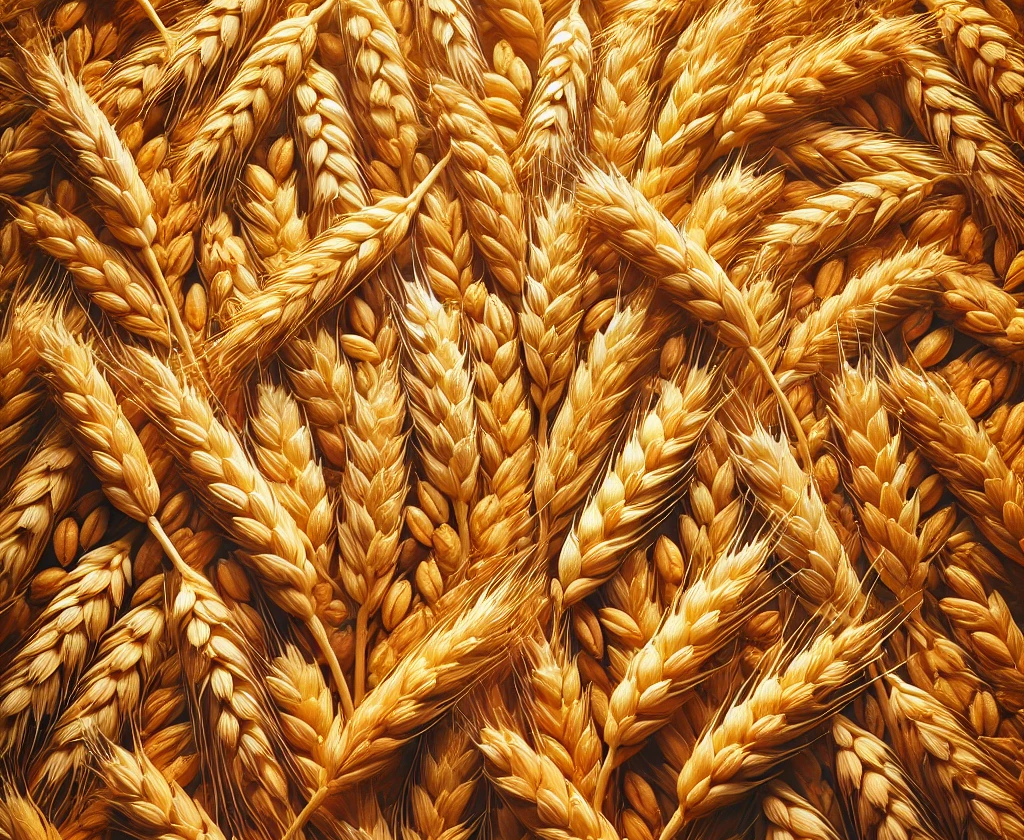
 Connect With Us
Connect With Us